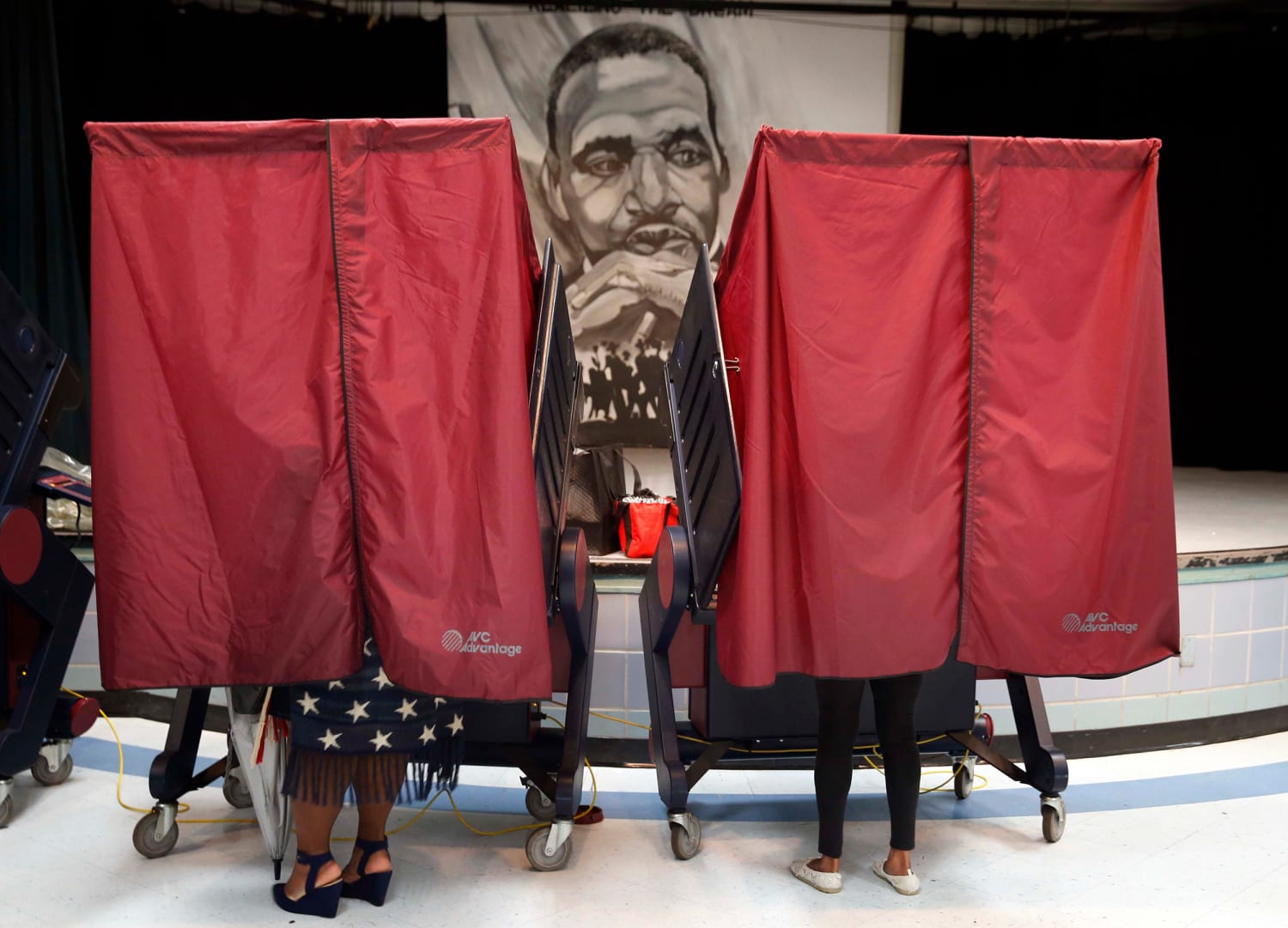WASHINGTON – The Supreme Court on Wednesday cleared the way for Louisiana to use a congressional map in this year’s elections that includes two majority black districts.
The court allowed emergency motions filed by an unlikely coalition of Republican state officials and civil rights groups that asked the high court to block a lower court ruling invalidating the most recently drawn map. State officials have said they need to finalize the map by Wednesday to meet bureaucratic deadlines and avoid “disruption.”
Black voters have historically voted for Democrats, and a map with two majority-black districts would give them a chance to pick up a seat that could help them regain control of the closely divided House of Representatives.
The court’s three liberal justices dissented with Justice Ketanji Brown-Jackson to write The government still has time to draw up a road map that will address the various legal questions raised. 6-3 on the court Conservative majority.
“There is little risk of voter confusion with a new map imposed so far from the November election,” Jackson wrote.
Liberal justices have objected in previous cases, often in ways that benefit Republicans, when the court acted to block changes to district maps or election laws during an election year.
Internal divisions erupted over that issue during the court in 2022 blocked Invalidates congressional district maps in Alabama.
Then, conservative judge Brett Kavanagh Defended the actionHe said the “rules of the road should be clear and settled in an election year” as a “fundamental principle” of the election law.
The majority did not elaborate on its reasoning in Wednesday’s decision.
Louisiana’s map has been the subject of intense litigation since the state’s original attempt at a racial gerrymander. Using the Legislature’s original map, Republicans won five of the six districts in the 2022 election.
That map was later redrawn after the Supreme Court unexpectedly strengthened the federal Voting Rights Act last summer, allowing a similar map in Alabama to be used in 2022 that discriminated against black voters.
But after the new Louisiana map was drawn, a new group of plaintiffs described in court documents as “non-African American” brought a legal challenge, claiming it violated the Constitution’s 14th Amendment, which ensures that the law applies equally to all. Those plaintiffs argued that getting a second majority-black district was a form of discrimination against non-black voters.
A federal court struck down the new map, but state officials told the Supreme Court that with time running out to finalize congressional districts ahead of this year’s elections, it was necessary to “avoid confusion and confusion.”
Plaintiffs in the new lawsuit say the state’s deadline is “hopelessly arbitrary” because there is no spring primary election.
Louisiana does not have traditional primary elections like other states; Instead, all candidates will appear on the Election Day ballot.Primary forest.” The state recently amended its election laws to introduce party primaries similar to those in other states in 2026.

